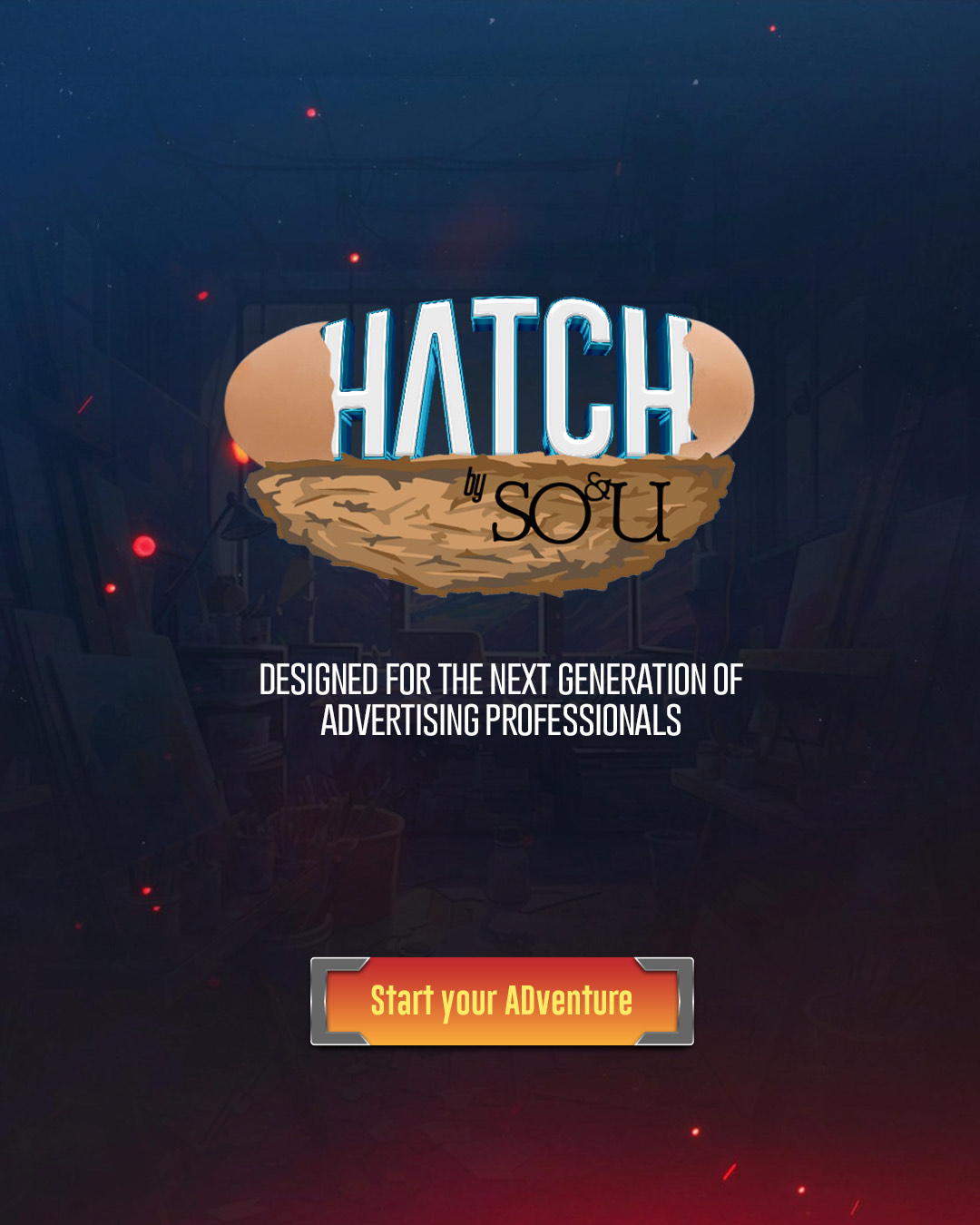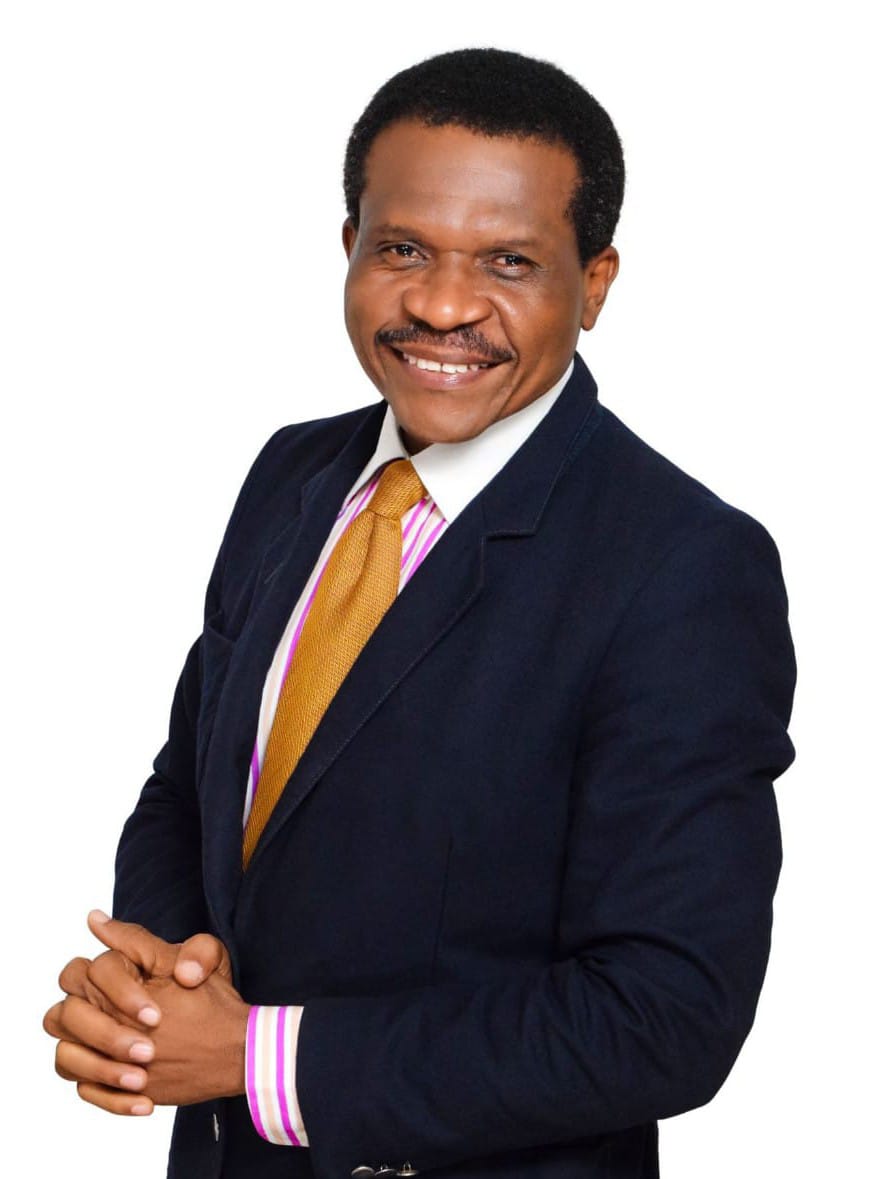By Felicia Nwosu
Rob Laing, Director, Sub-Sahara Africa, Cambridge University Press Assessment, has identified and described the Nigerian publishing industry as a very diverse and competitive landscape with lots of players with enduring years of experience. The Accountant turned publisher stated this in a one-on-one interview with Nigeria’s foremost brand-centric magazine, MARKETING EDGE.
Laing, while comparing the Nigerian publishing industry with other African countries, said Nigeria shares similarities with Ghana in the number of publishing companies, but affirmed that Nigeria has a larger number of private schools which is due to the context of the environment and size of population. He noted that countries such as Kenya and South Africa are also ahead of Nigeria.
The marketing expert pointed out how they have been able to adapt in a volatile and unpredictable business environment like Nigeria through partnership and professionalism.
“It is different in different countries, but working with people who understand the Nigerian context and market better than us has helped a lot. There are a lot of challenges around importing and clearing and getting access to foreign exchange to pay for imports. We are not specialists at that, especially in the Nigerian context. It takes 3 weeks with collaborating partners.
“British Council brings in all our exam scripts and we work with third party distributors who would specialize and sort of get big containers and economies of scale and good relationships with local caring agents to manage that typical part of the transaction. We will stick to what we are good at, which is developing good quality content that helps the whole process of teaching and learning,” he said.
Laing added that through capacity building and other educational assessment, they have been able to stay above water.
“Going further, I think the other thing that helps in the University Press and Assessment is that we are not just about prints and digital content, we are also about teachers’ training and formal assessment. We have a whole lot of things that can help teaching and learning to take place effectively in the classroom. But the complex Nigerian specific business things, we are not specialists in that. So, we would rather work with third parties with whom we can do that effectively,” he said.
Revealing some of the secrets that have helped Cambridge University Press to become an enduring legacy over the years, as far back as 1534, he disclosed that the global brand has continued to ride its success through the huge loyalty earned by the university itself. These, according to him, have become the unique selling points that strengthen its brand positioning.
“I am not sure Cambridge University Press is the oldest publishing house in the world, but we certainly claim to be the oldest university publisher and Cambridge University Press which is almost 500 years ago. That was when they were granted a royal charter in 1554 by Henry the eighth. Being part of the university is one of the things that have helped maintain Cambridge University over those years. Because we have links to the Faculty of Education at the university, which is where a lot of research takes place in terms of understanding what works in teaching and learning, and drawing on experience and research all around the world. And I think that sort of rigorous attention that Cambridge does apply in research and in developing resources,” he said.
The former Regional Director of Oxford University Press added: “Another thing was set up recently, something called the Teachers Panel where we encourage teachers to belong and where we get input and feedback from teachers that we put into our resources.”
Laing observed that the Nigerian publishing industry is rife with intense competition among the old players, as well as the new entrants in the business.
“I am not sure if we have managed to stay ahead in terms of the local curriculum publishing. One of the important things to be successful is when it is a diverse market. We are now more of a niche publisher supplying good quality English science resources. But we are probably second or third, we are not number one in those resources for the local group. Though we have very good quality resources, we just don’t have the reach to all the schools and all the teachers.
He also explained how classroom teaching is evolving and how Cambridge is constantly and consistently keeping in touch with new realities through the introduction of new curriculum.






Comment
No comments found.